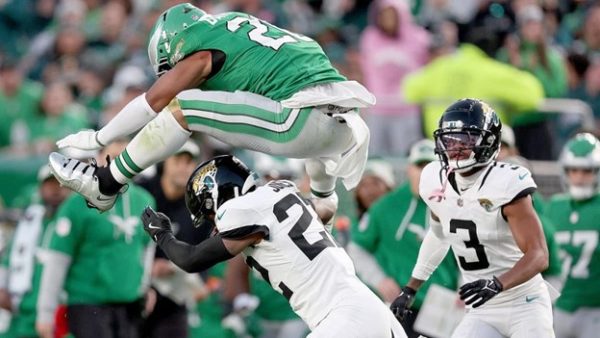The Rise of eSports
It’s the International 2, and the Ukrainian team, NaVi, is up against the Chinese team, Invictus Gaming. Naga Siren of NaVi stuns every player on IG using her Ultimate ability, followed by a vacuum from Dark Seer and a ravage from Tidehunter.
Rubick blinks out and steals the ravage, casting it on IG, and NaVi has a five-man black hole. IG is team wiped.
This is a scene out of a competition in the game Defense of the Ancients (DotA) 2, one of several rising eSports. Electronic sports, or eSports for short, are competitive video games, and they’re gaining attention, including titles like DotA 2, League of Legends, Starcraft II, and Counter Strike: Global Offensive.
Many eSports seem to have both large followings and competitive professional scenes with large payouts for the cream of the crop. League and DotA 2 are often compared to each other because they are both in the multiplayer online battle arena, or MOBA, genre, while Starcraft II is a real-time strategy (RTS) game, and CS:GO is an online first-person shooter.
MOBA games consist of two teams competing to destroy the opposing team’s base. Players travel down one of three different lanes dotted with structures and defenses that must be destroyed to get to the base.
Some CB South students play these games, but on a recreational level instead of professionally. Seniors Nick Brown and Chris Reinl play DotA 2.
“One of the coolest things about DotA is that the community really creates the game,” Brown said. “How players, especially on the professional scene, choose to utilize certain heroes, choose what roles and positions to put certain heroes in, choose how to use the map, choose what items to buy…. All those kinds of things are largely determined by the players, not the game.”
The players’ understanding of how to use the various characters in the game (called “heroes” in DotA) and the players’ abilities in playing the game make eSports a sport, explained Brown.
Reinl said he enjoys trying out “crazy combinations” of heroes and items in different lanes of DotA. His favorite hero is named Kunkka, an admiral with “powerful spells that can turn the tide of any fight.” Reinl learned to play from a pro player going by the alias SingSing.
Similar to Brown, Reinl views eSports as being in the realm of sports.
“Maybe not in the traditional sense that a lot of people think of, but they’re very competitive, and they do create fan bases,” he said. In regards to the following of these sports, Reinl said the audience for eSports is “very specialized, and over time will probably expand once the actual profit is seen.”
However, other South students feel that eSports can’t be called sports. Senior James Qin said, “eSports aren’t sports, but the players earn a lot of money. They’re more like paid hobbies.”
He added, “If I were good enough, I’d go pro because of the earning potential.” He plays League of Legends, and he said his favorite pro player goes by the alias of Faker.
League has a similar game mechanic to DotA, but uses different terminology. For example, characters in DotA are called “heroes,” while in League they are called “champions.”
In a different corner of eSports lies Starcraft II, where the player’s main goal is to destroy the opponent’s bases using armies and by building up his or her own bases. Erik Pirmann, a senior, agreed with Qin that eSports aren’t true sports.
In Starcraft, players either play solo or on a team of up to eight players as one of three races. Senior Erik Pirmann explained that he has recently started playing as the “Zerg race” in games, as opposed to playing as a “Terran” or “Protoss.”
Though Pirmann agreed with Qin that eSports aren’t true sports, he still has a favorite pro player: “Stephano,” a fellow Zerg player.
Another competitive video game worth mentioning is Counter Strike: GO. The goal of CS:GO depends on which team a player is on in a match; the terrorist team must plant a bomb, while the counter-terrorist team must stop the terrorists from doing this.
Nick Kwiatkowski, a senior, plays the game and described players in the in-game chat as being similar to “an actual SWAT team radio.”
There is a competitive mode in the game, but Kwiatkowski said he doesn’t play in it. He said he used to watch a pro team play often.
All of these South eSports players seemed to agree that there are steep learning curves to each game, and new players shouldn’t be discouraged if they have a bad first experience. DotA 2 and League of Legends are free to play, while Starcraft II and CS:GO are paid downloads free to play after purchasing.


